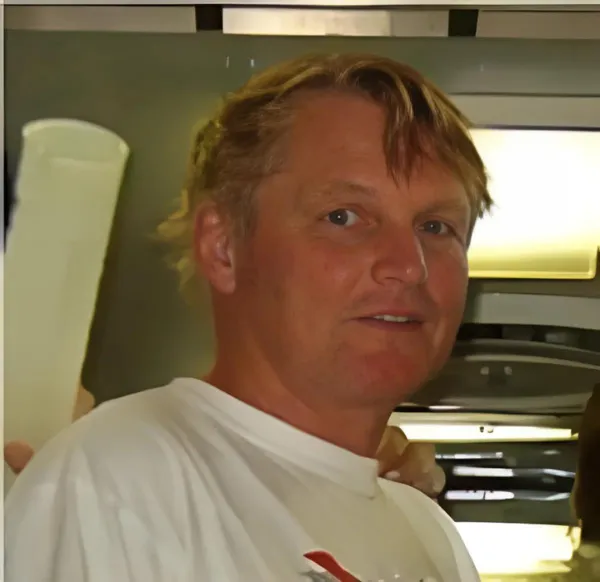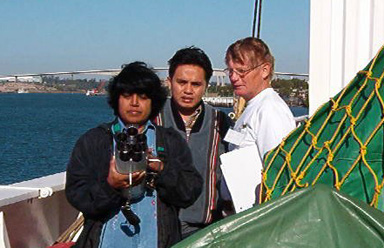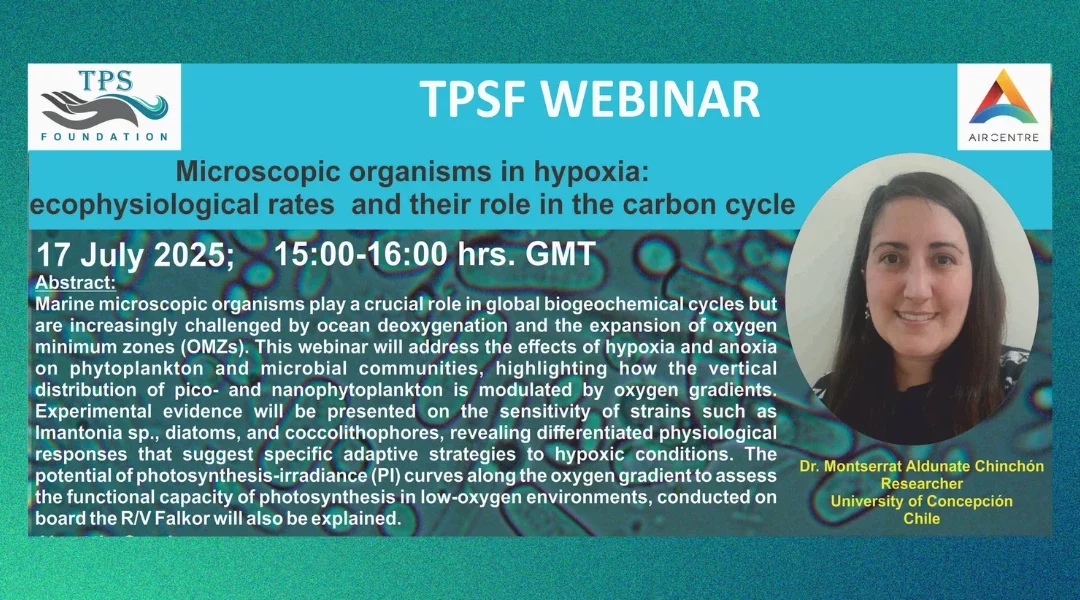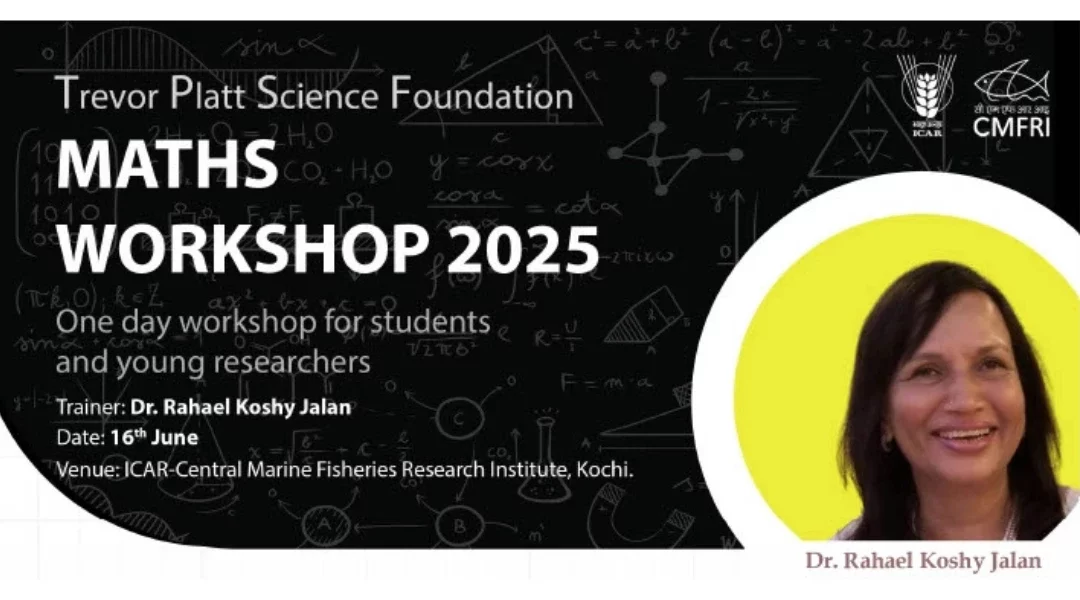Tribute to Brian:
Brian Irwin was a Scottish and Canadian oceanographic technician who worked at the Bedford Institute of Oceanography for 35 years where he conducted thousands of primary production measurements throughout the global ocean. When he arrived at BIO in 1966, he teamed up with a young physicist Trevor Platt, who joined the institute the previous year, to study the ecosystem of St Margaret’s Bay. Bringing the expertise he gained as a technician working with ecosystem modeller Prof John Steele at the Marine Laboratory in Aberdeen, Brian measured a time-series measurements of the photosynthesis-irradiance response curves in the coastal embayments of Nova Scotia that served as the foundation of a multidecadal research programme at BIO led by Trevor Platt. During the JGOFS era in the 1980s and 90s, Brian participated in numerous international research campaigns led by Canadian, German, Dutch, U.K., Japanese and Latin and South American colleagues. Brian loved passing on his knowledge to others and throughout his career he was involved in capacity building activities including helping organise the logistics of the POGO sponsored field training on the Blue Earth Global Expedition (BEAGLE) expedition. On land, Brian also had a green thumb, and he won many awards from local food banks for his donations from his farm and also sustained many hard working and hungry graduate students. Brian had many salty tales from his many overseas adventures, and these were delivered with his special Scottish brand of dry humour. We pay homage to his many contributions to our field which are still being used to address many important scientific questions.
By TPSF member Heather Bouman
See Brian’s obituary
The fellowship that the Trevor Platt Science Fund in PML is offering for a developing country participant in the ESA One Ocean Expedition for ship-board training will be offered in memory of Brian Irwin and to honour him.


Kanthi Yapa, Andreas Albertino and Brian Irwin onboard R/V Mirai during the Beagle expedition (2003) Credits IOCCG


